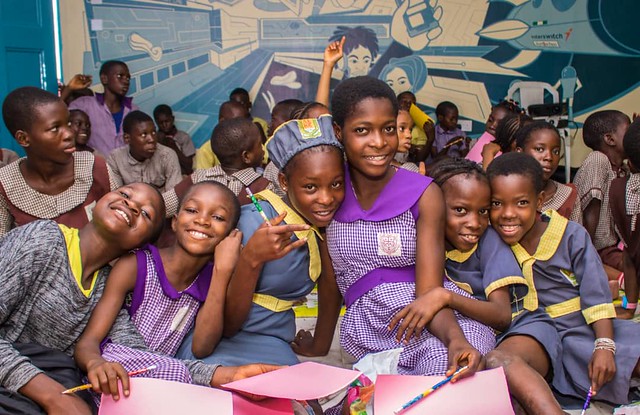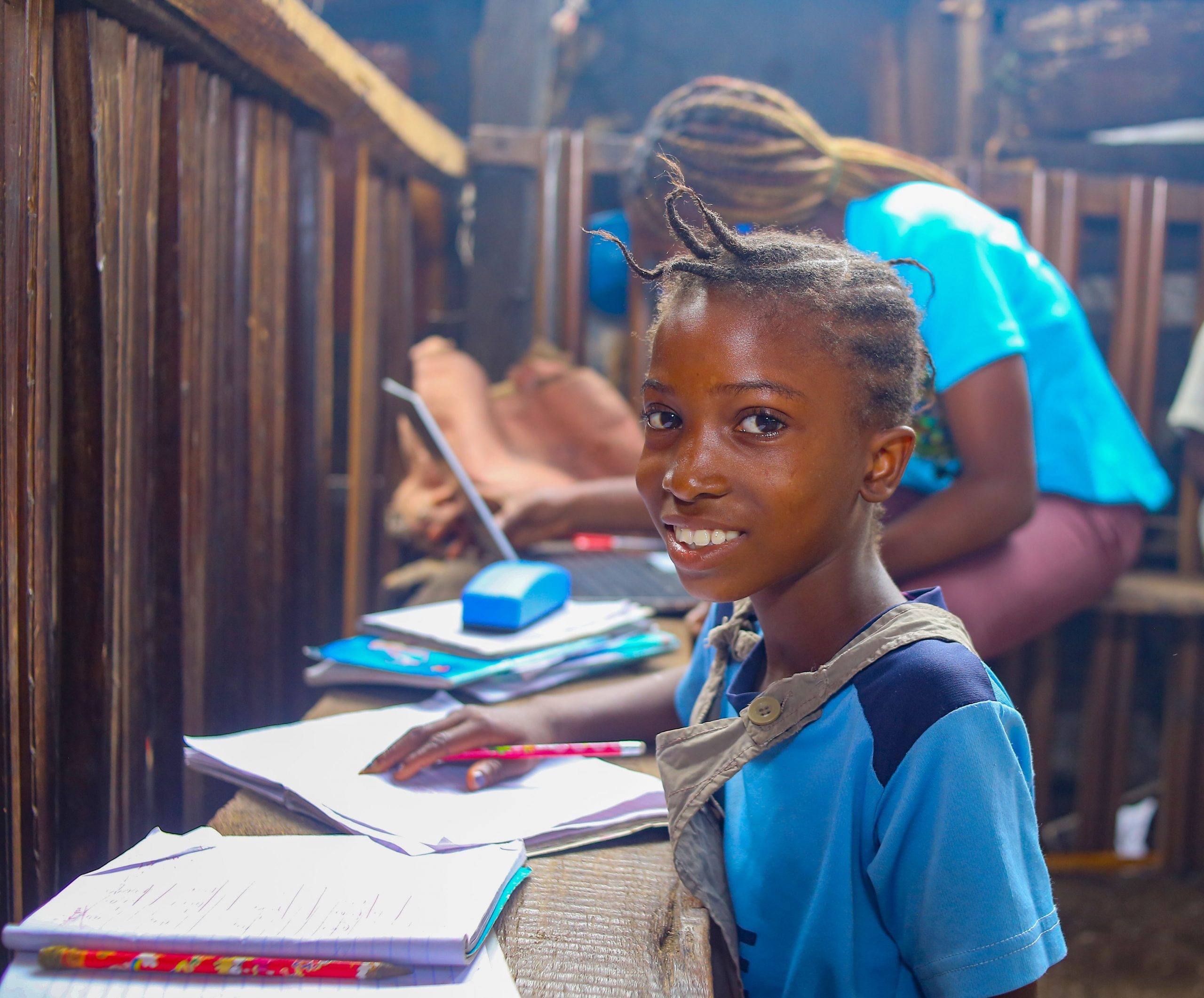Literacy in Nigeria
Literacy is key to national development and is considered as valuable as health. It is the core of a country’s lifeline and conserves the resources of a nation. According to UNESCO, 69.1% of Nigerian adults are literates, however, the operating definition of the term “literacy” in Nigeria is based on reading, writing, and calculating.
On a broader scale, literacy level has come to mean much more than reading and writing and has come to include critical thinking skills in the digital and technological age.
Illiteracy in Nigeria
Rising poverty rates coupled with the COVID-19 pandemic has sent millions of Nigerian children in rural areas out of school, and without doubt, permanently. Nigerian children in underserved areas have fallen greatly behind since the beginning of the lockdown in March, leading up to now.
And even as schools plan to reopen in September, the Academic Staff Union of University’s (ASUU) indefinite strike spells more danger for the growing number of out-of-school children in the country. Currently, the number of out-of-school children has grown from 10.5 million to 13.2 million, one of the highest in the world.
Slum2School Initiative 2020: Closing the Education Gap
International Literacy Day (ILD) is a yearly reminder of the importance of literacy as a “basic human right and a matter of dignity.” It is a day that solidifies our work at Slum2School as a significant part of nation-building and development.
The COVID-19 pandemic uncovered the major gap in the education sector in Nigeria as children in rural areas suffered greatly. At Slum2School, our virtual learning program was developed to bridge this gap: to continue to educate 10,000 children in underserved communities through the power of technology.
We set-up virtual and cluster learning programs across different communities so that no child, regardless of background, was left behind. We have so far built a huge network of volunteers, our superheroes, who have onboarded 108 learners in the virtual learning programs and 840 in the cluster learning program, a total of 1050 learners across 11 communities.
But we have only begun, our goal is to send 10,000 more deserving children to school, so join us in celebrating International Literacy Day by being a part of our vision. Together we can!


